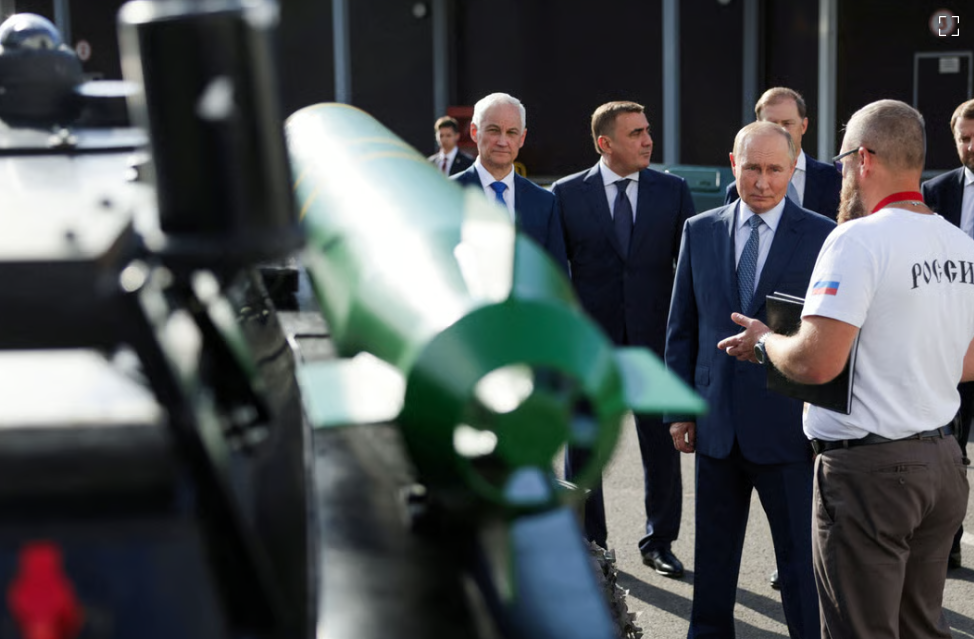The number of Indian citizens arriving in Russia for employment has increased 22-fold over the past five years. In 2020, only 813 work-related entries were registered, while in 2025 the figure exceeded 17,700. This trend is driven by an acute labor shortage, particularly in construction, industry, and agriculture. The Russian agro-industrial sector alone loses about 150,000 workers every year.
After imposing restrictions on migrants from CIS countries, Moscow shifted its focus to South Asia. In 2025, the number of Indian labor migrants is expected to double compared to the previous year. They have been allocated 71,800 of the total 234,900 work permits for foreign specialists.
Russian businesses are also considering attracting workers from Nepal, Vietnam, and Bangladesh. For companies in construction, retail, and services, this is a way to offset workforce shortages. However, behind the façade of official policy lies another reality — the legalization of forced labor.
A striking example is the situation with North Korean citizens. Thousands of them enter Russia under the guise of students supposedly undergoing internships but are in fact working in inhumane conditions. This directly violates UN sanctions, which Russia itself signed. The North Koreans work six days a week, sometimes up to 20 hours a day, and their wages are split between the North Korean authorities and Russian companies.
At the same time, the government is trying to mobilize domestic resources. It has reinstated pension indexation for employed retirees and simplified the hiring of minors. Yet, as Central Bank Governor Elvira Nabiullina admitted, even if pressure on the labor market eases, the shortage of workers will persist due to “serious structural changes” in the economy.
Meanwhile, regional governments continue implementing anti-migration policies. In the Novosibirsk region, migrants have been banned from working in cafeterias, sports facilities, and freight transport. Earlier restrictions already barred foreigners from working in preschools, taxi services, and the alcohol and tobacco trade. Additionally, the Interior Ministry has begun collecting data on migrant children who were not admitted to schools, often due to failing language tests.
Thus, Russia finds itself in a paradoxical situation: on one hand, the country is critically dependent on foreign labor; on the other, it is creating conditions that increasingly resemble systemic forced labor.


















